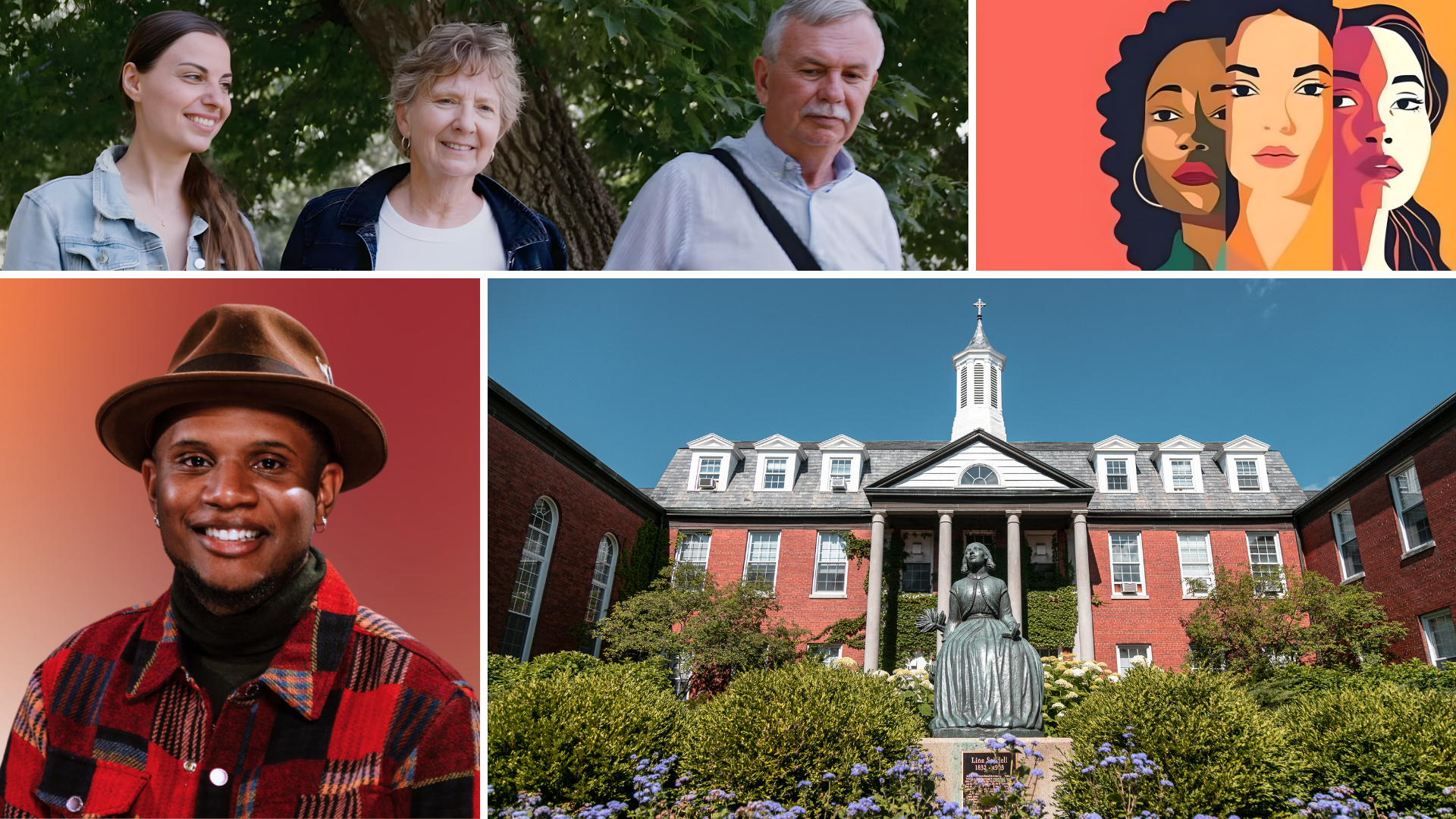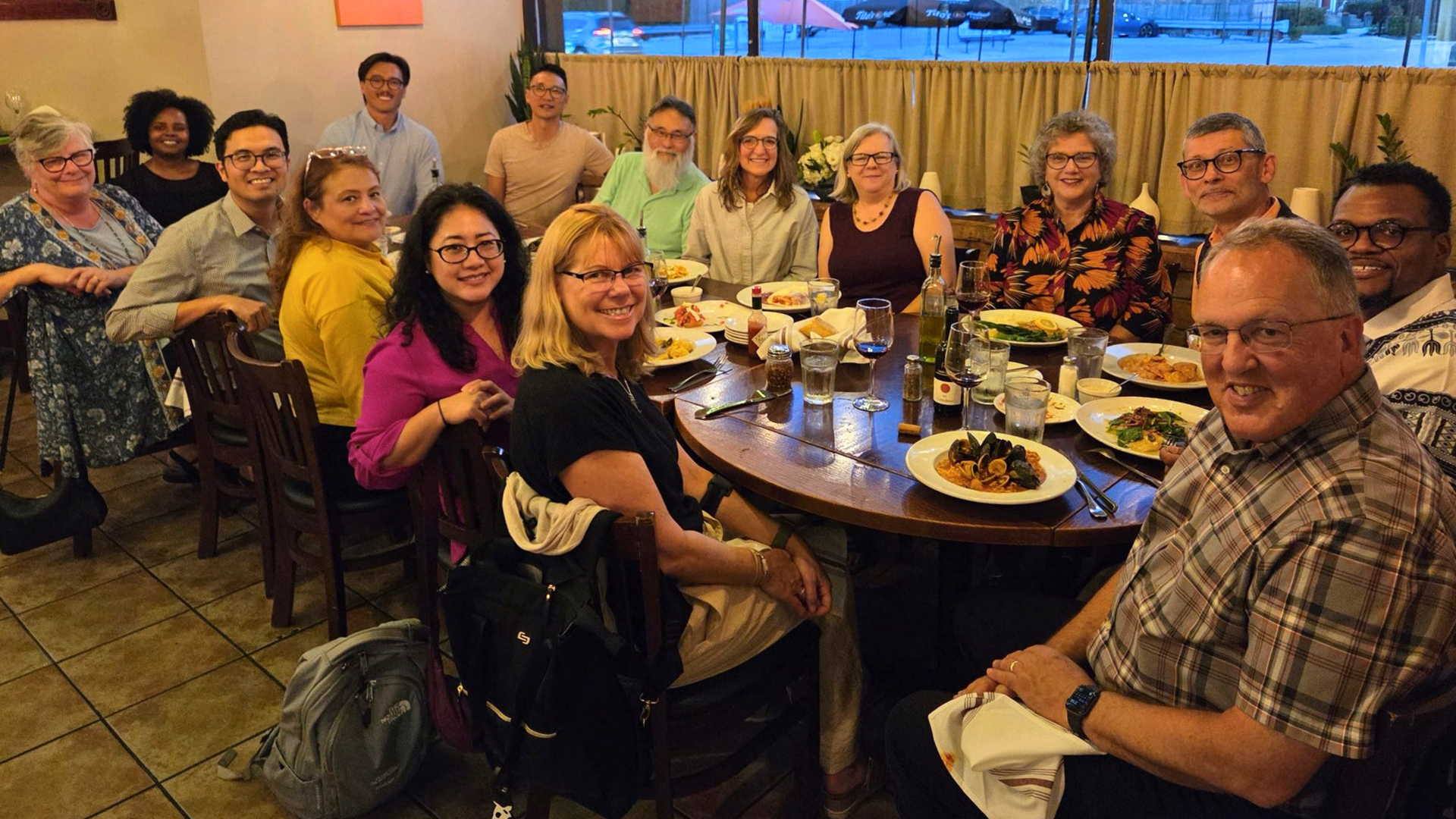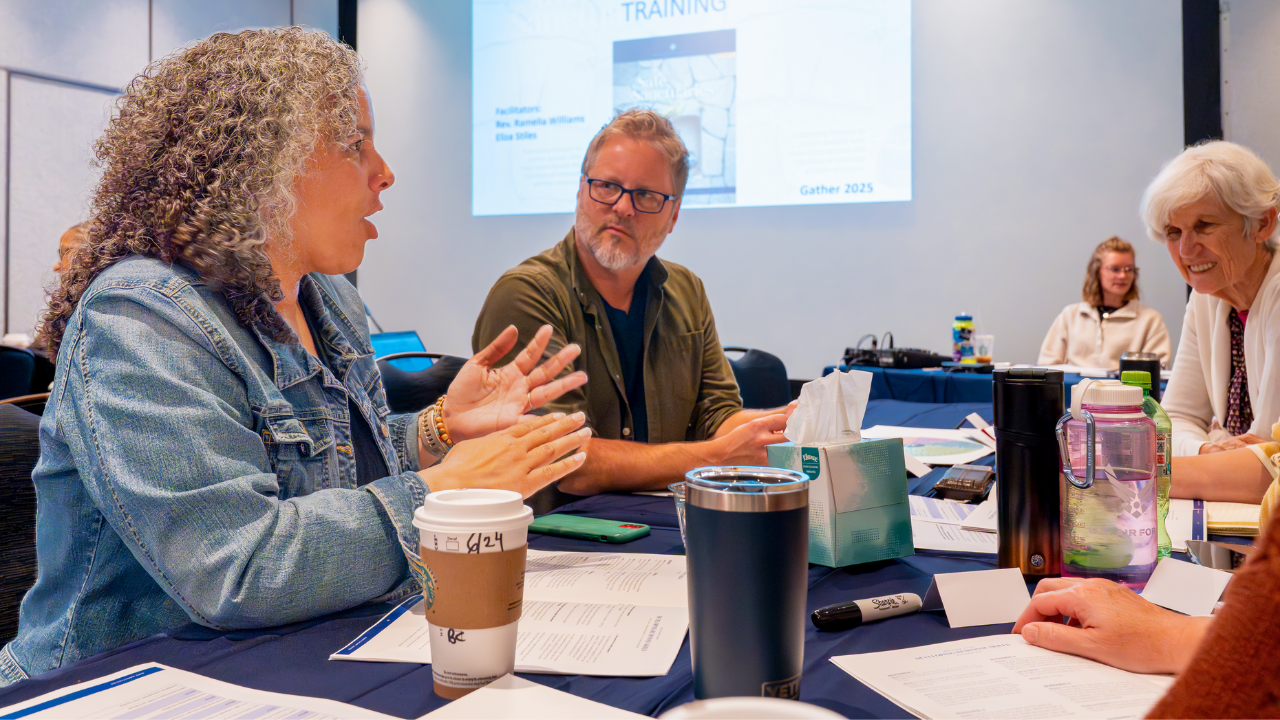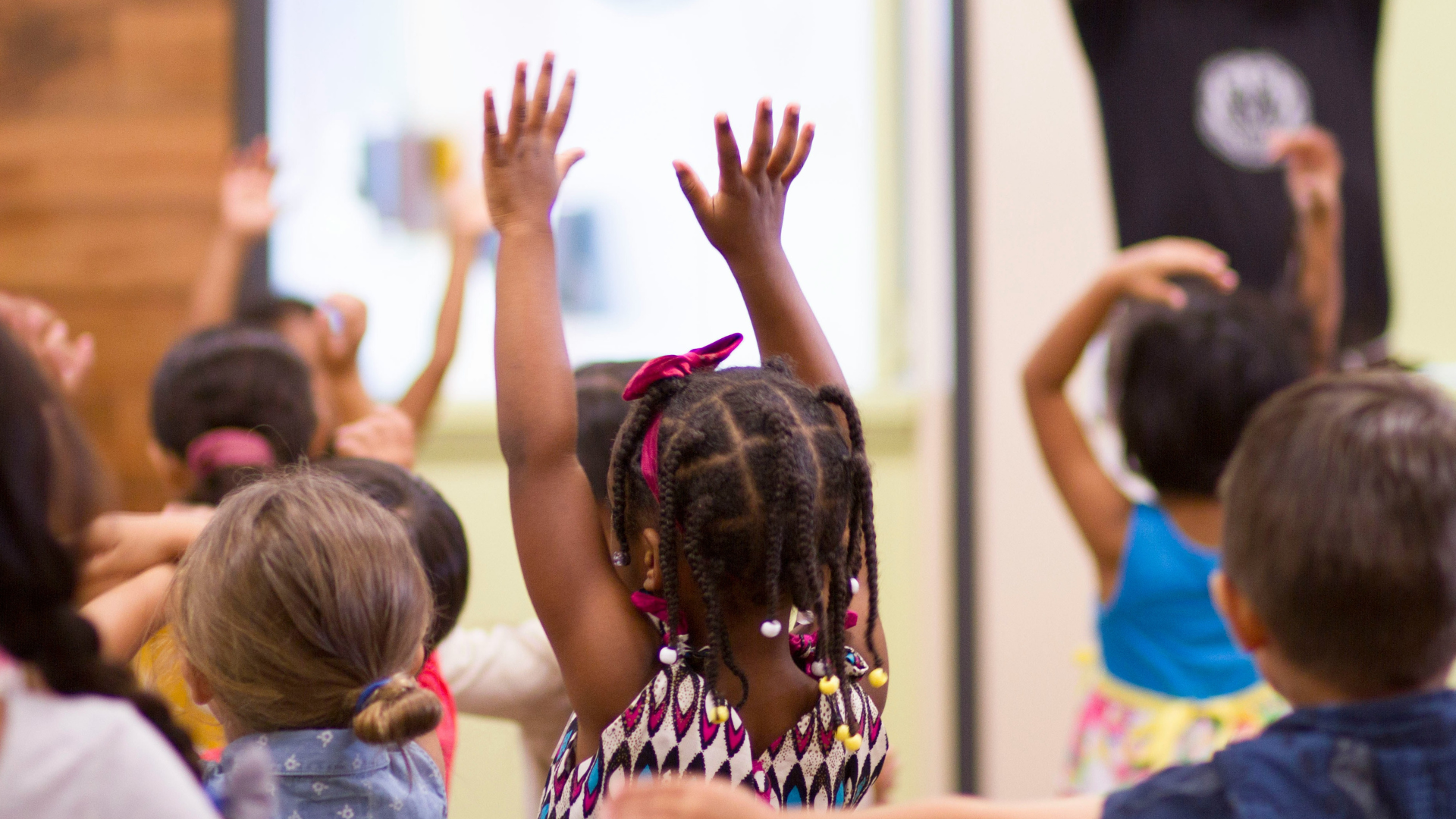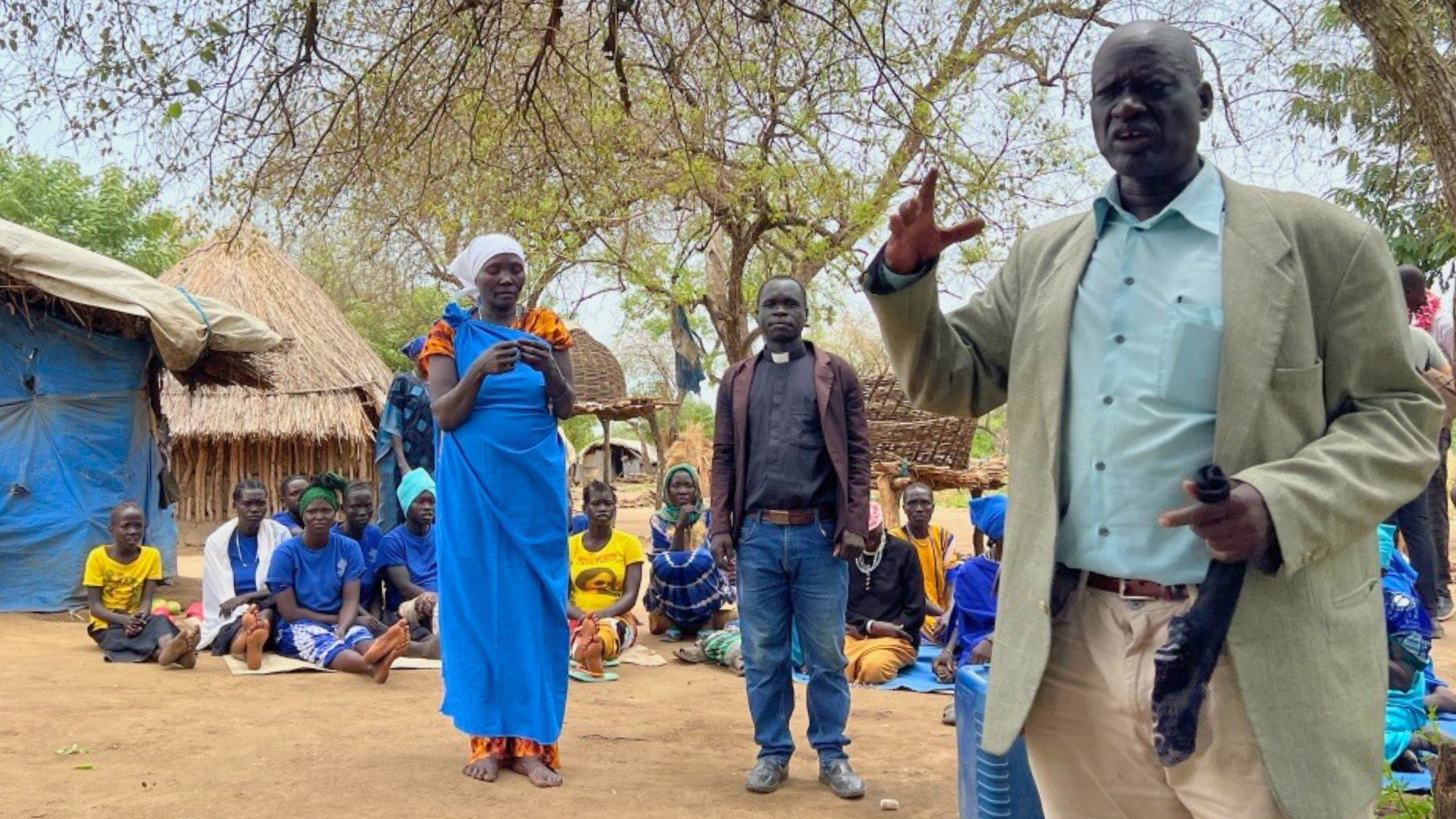Creating Shared Resilience: The Role of the Church in a Hopeful Future
David M. Boan and Josh Ayers
Langham Global Library, 154 pages
What is the church’s role in helping communities rebuild and thrive after tragedy? If we ever needed advice in this area, it’s now. Between the global pandemic, economic downfall, and underlying racial differences, pastors and church leaders have been confronted with direct or subsequent fallout or consequences to crisis events.
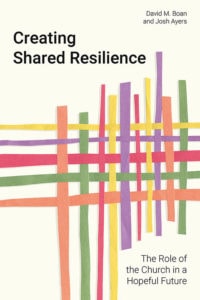
My local church, New Zion Christian Fellowship, in Dolton, Illinois, operates a food pantry. When Covid-19 hit, I initially believed we would need to provide more food because so many people were out of work. I was wrong. The need did increase, but most of our volunteers were seniors in a community that was least likely to be treated properly for the virus. In our setting, no one had Covid-19, we did not run out of money, and neither had we suffered a blatant racist attack. But because of all three issues, we had to shut the pantry down and figure out a plan to keep our volunteers and patrons safe.
Authors David Boan and Josh Ayers could not have known what 2020 would bring when they published this book. Creating Shared Resilience is on point regarding the increased frequency and intensity of natural disasters and the ways the church should be prepared to respond—not just by speaking much-needed and encouraging words of the gospel, but by strategically connecting to the community at large.
Communities often pull together in times of tragedy. But Ayers and Boan ask if the church can do better at being up-close and personal with our communities in preparation for possible disasters. In other words, can the church not only work in tandem with private sectors, NGOs, and local governing agencies, but can we also engage a more unified approach? Creating Shared Resilience provides multiple examples of how this is being done and how we can do better.
Humans are designed to survive—we are built to be resilient.
The authors have the education to speak on the subject, as well as the experience of working with communities in the U.S. and abroad to create an effective matrix for community resilience. One concept they explore stems from the individual, or family-focused approach taken by many churches. They contend that churches need to lean into other organizations within the community as well as families and individuals. While I am aware of several churches who are already doing this, it is refreshing to read about models that provide direction on where to begin and how to take a fresh approach to these relationships if they already exist.
I have just one area of concern, not about the actual book but about us as the church. Reading this book, I wondered if maybe there is a lack of empathy from the church. Humans are designed to survive—we are built to be resilient. Why would we need to create shared resilience? I couldn’t shake the feeling that maybe we are too inwardly focused. Our instinct is self-preservation. Perhaps true concern for our fellow humans is missing.
The decision to close our church’s pantry was made because we needed to protect ourselves from the virus. Everyone was their own primary concern. Like the other volunteers, I was concerned about myself and my family. But as we learned how to protect ourselves with masks, social distancing, and limiting touch, our compassion began to resurface. It took a few conversations and a couple of weeks, but our calling to serve others pushed us to find a way to safely re-open. It took a community—New Zion Covenant Church, local nonprofits, the Village of Dolton, and other community members—to get the pantry running again.
According to Boan and Ayers, “Integral mission is the proclamation and demonstration of the gospel.” Is partnering with non-faith-based organizations representative of the gospel? Is it theological? It is up to each of us to ask ourselves if the way we and our local faith community interact with our neighbors is transactional or transformational.
This book is timely and well-conceived. It is thought-provoking and filled with dynamic resources, examples, and outcomes of creating shared resilience. The title alone calls for a conversation, and the information within will draw many to action.




